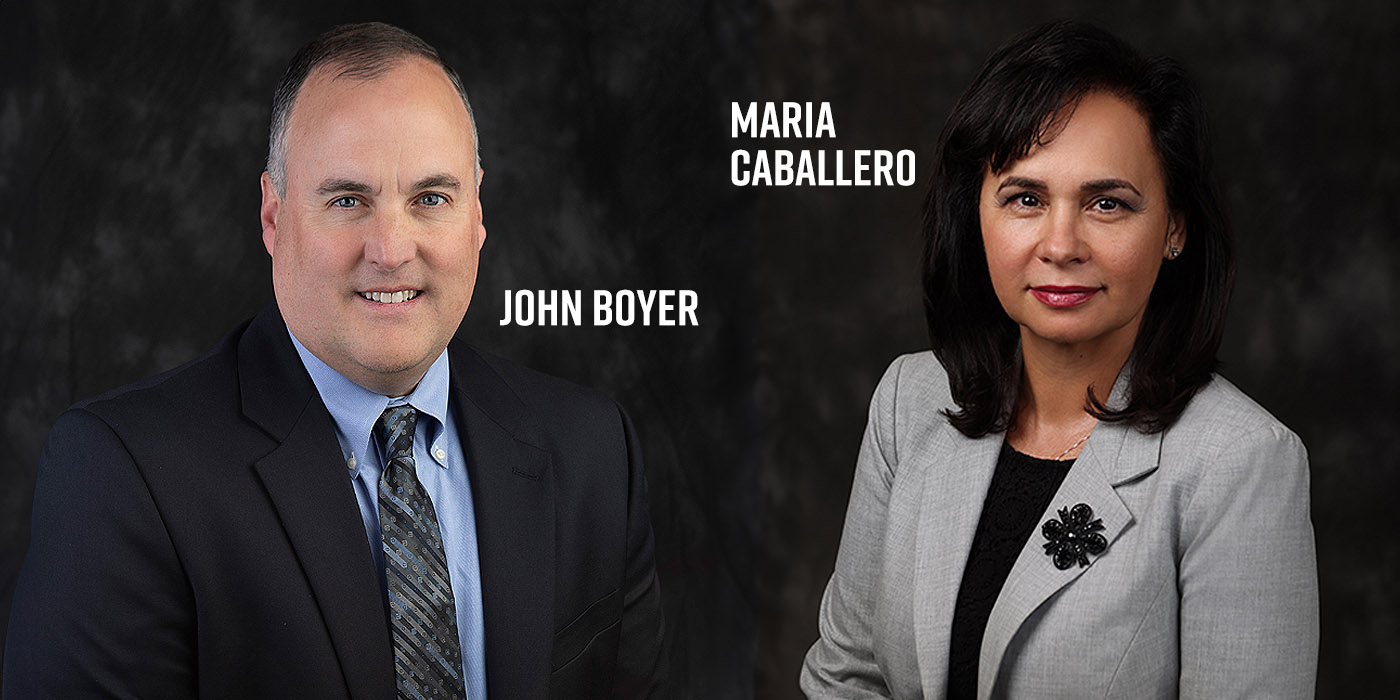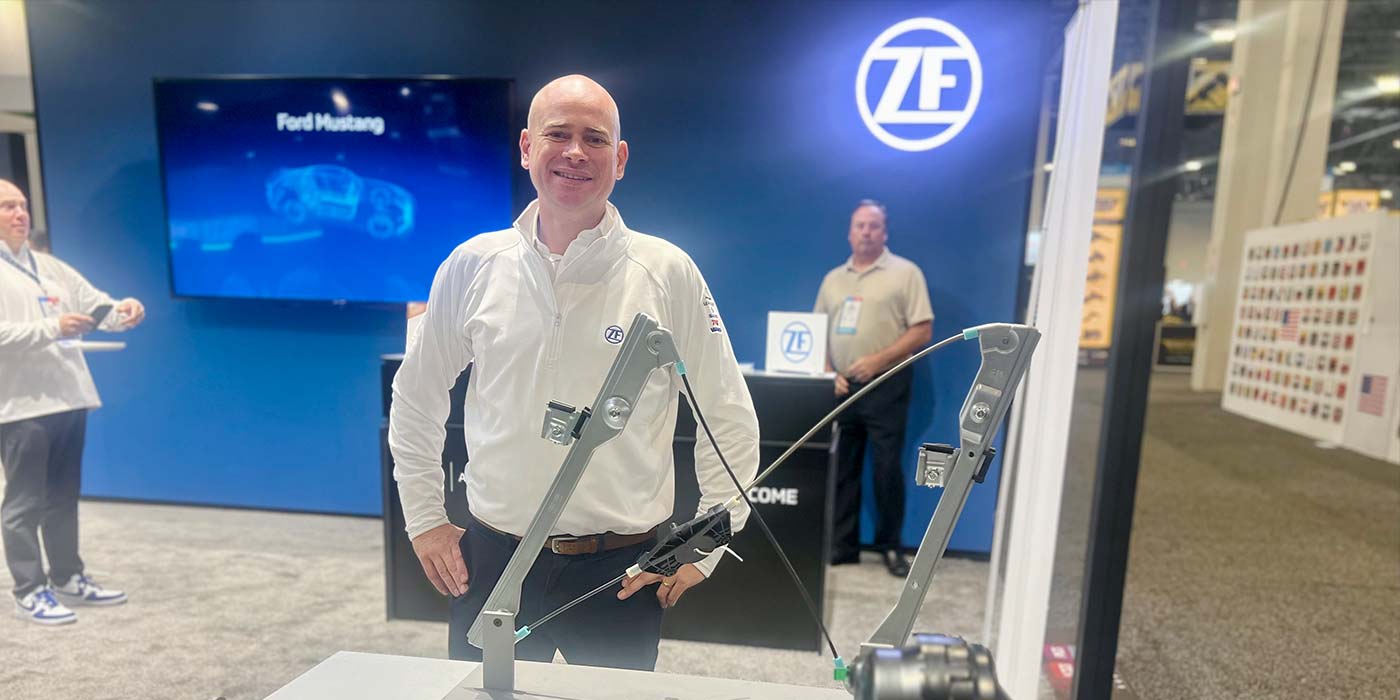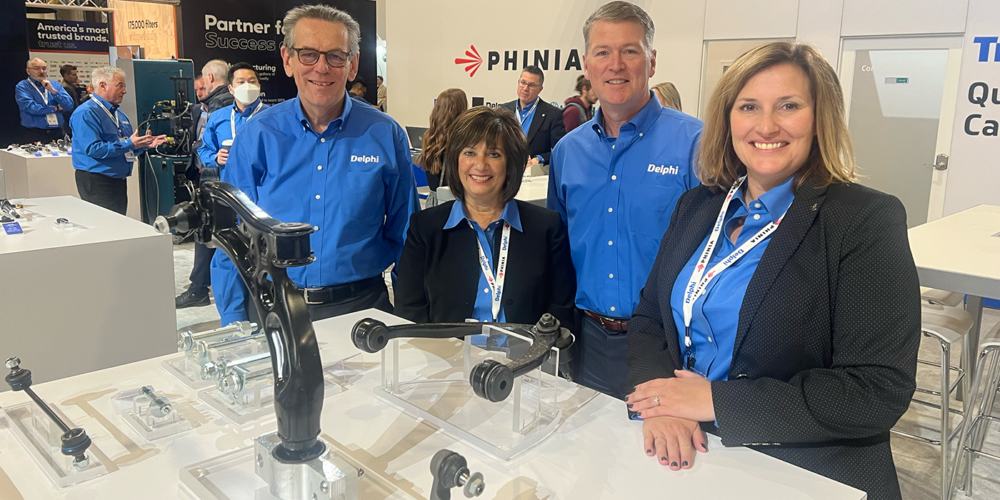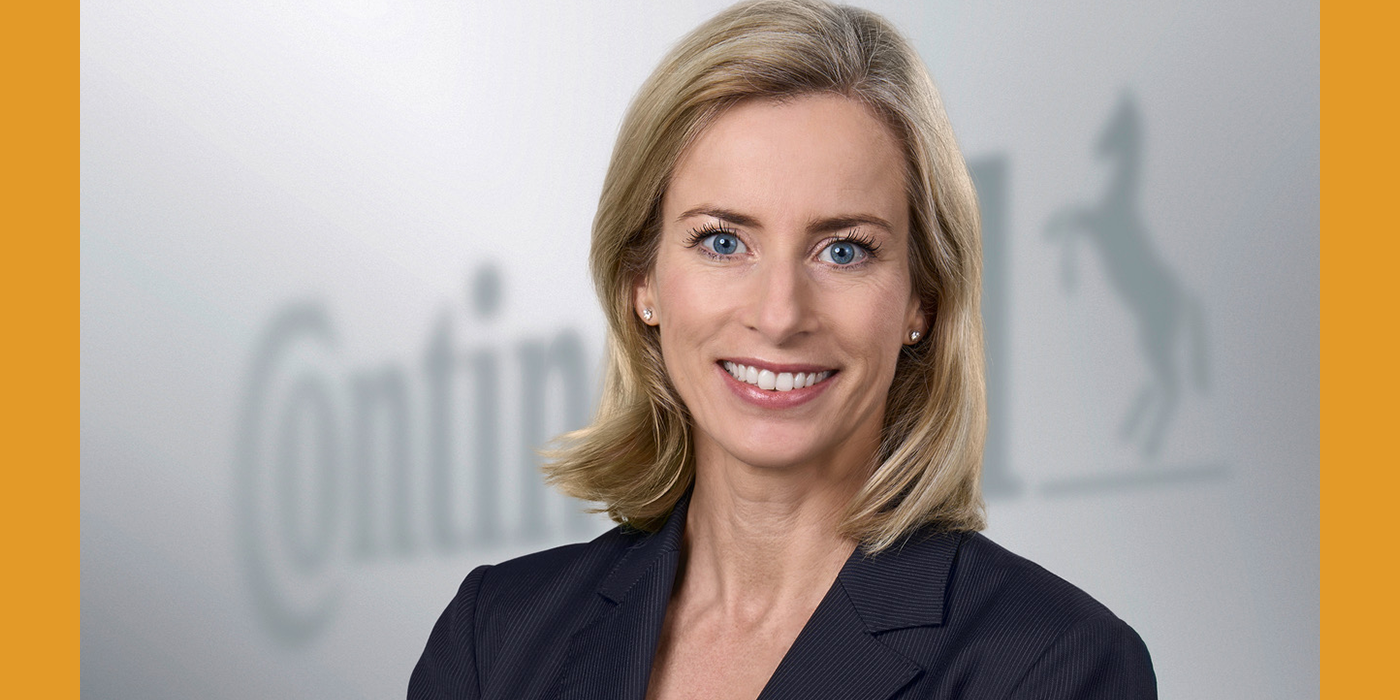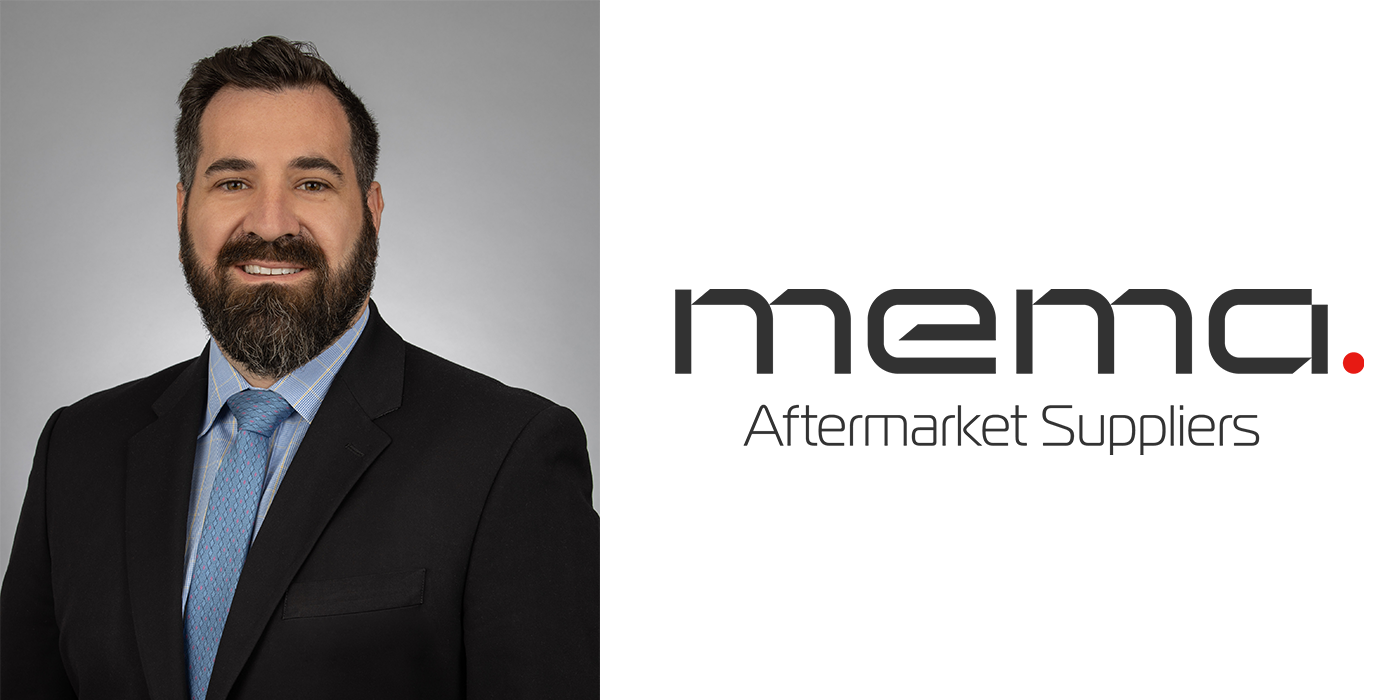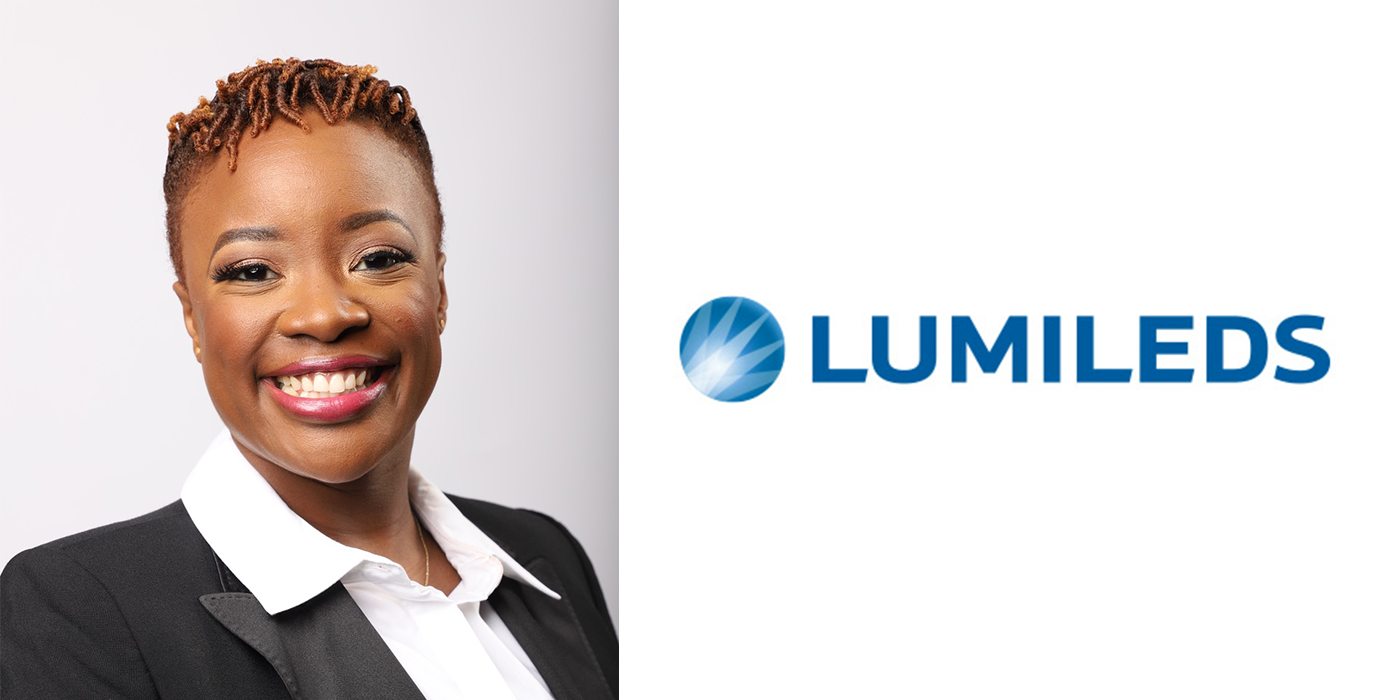Named Vice-President Operations — Aftermarket earlier this year, Martin Brazeau oversees all aspects of the aftermarket sector at Spectra Premium and brings a wealth of experience. Following his prior career at Deloitte and a decade on the management team of a Canadian commercial manufacturing and distribution company, Brazeau debuted in the automotive aftermarket 10 years ago as general director of Richporter Technologies. When Spectra Premium acquired this engine management aftermarket parts company in 2014, he joined their management team as VP operations – Asia until his recent promotion.
In today’s AMN Executive Interview, Martin Brazeau talks about Spectra Premium’s restructuring, the impact of the pandemic, manufacturing and future plans.
AMN: You were named to your new role as VP Operations — Aftermarket in April. Now that you’ve had some time to settle into the role, what are some of your short- and long-term goals for the business?
Martin Brazeau: First, I would like to thank you Amy for the opportunity to speak about Spectra Premium. A lot has happened over the last 10 months, and we now have a much clearer view of the future.
As you mentioned, I accepted this role in April, shortly after the company announced its North American filing. My immediate concern was to work on the restructuring and repositioning of our company, consolidate our operations and focus on profitable business channels for the aftermarket. The first step was to examine what made Spectra Premium so successful over the years. It was apparent that the manufacturing side of our business had established our market brand, and we needed to ensure that it was central in our restructuring. After carefully evaluating all of our product lines, we then determined the core activities that would remain and drive the long-term vision of the company.
Of course, this required difficult decisions, and over the following months, we combined our Canadian manufacturing into a single “state of the art” expertise center, consolidated our warehousing operations in Indiana and repositioned our product offerings. We chose to focus on core categories that bring added value to our customers. Each of these decisions had a major impact on our infrastructure and organization, but today we are a company that is more stable, more agile with an exciting outlook for the future.
AMN: Your new appointment came shortly after the company announced restructuring plans both in Canada and the U.S. Can you bring us up to speed on where this process stands today?
Martin Brazeau: Lowering our inventory levels, reducing our overhead costs and securing our supply base were the key elements to exit from our filing. Today, we can decisively say that we have succeeded to stabilize the situation.
We’re in the final stages of consolidating distribution operations following the closure of our California distribution center. We’re currently working to improve the efficiency of our central DC in Greenfield, Indiana, with the addition of computer technology, new equipment and a complete reconfiguration of the warehouse. We have also begun to optimize our distribution network with the integration of a transload operator based in Vancouver, Canada.
At the same time, we are consolidating our manufacturing operations. We have closed our factories in Laval, Quebec and Debert, Nova Scotia and are in the process of moving the equipment to Boucherville and Quebec City respectively. By the first quarter of 2021, Boucherville will begin producing heavy-duty and automotive radiators in addition to the existing manufacturing of aftermarket fuel tanks, oil pans and body panels.
We are pleased to say that we have initiated all of these changes while maintaining our normal operations and always retaining our focus on our customers’ service levels and satisfaction.
All of these initiatives have brought us to the final stage of our filing. Our current financial results are better than expected and demonstrate to our shareholders and financial partners that the future of Spectra Premium is promising. Our new structure is now streamlined and more efficient, which positions us advantageously for the future and our clients. Our shareholders and financial partners are essential to the new Spectra Premium, and it’s a great privilege to have their full support.
I would like to thank all Spectra employees for the tremendous effort and energy they have invested into this project. This restructuring would not have been possible without them.
AMN: How has the COVID-19 pandemic changed the way Spectra Premium does business today? How did the company respond to the situation both internally and externally?
Martin Brazeau: As it happened, the pandemic hit three days after our filing. Since we were already in transition mode, we leveraged our momentum to coordinate both challenges concurrently. The months of March, April and May saw an important slowdown of our activities, reducing our revenues, but allowing us to better analyze our situation at that time. Fortunately, the situation reversed in June, and we were ready for the increased demand through October. With our existing inventory, we were able to provide excellent service levels.
However, per local government directives, we were required to close our factory for several weeks that resulted in production delays. Thanks to the hard work of our employees, they managed to bring our factories up to the mandatory standards in record time and production quickly resumed. Our raw material suppliers also followed us in this restart. We also implemented preventive sanitary measures: they are ongoing and ensure our employees work in a safe environment with sanitary checkpoints, handwashing stations, social distancing, masks and frequent cleaning.
Externally, our interaction with our customers is still affected. The regular in-person meetings, training sessions, factory tours and tradeshows are now only virtual, or postponed. The energy and resources we previously dedicated to online information and communication tools have proven very useful. Still, we’re all looking forward to shaking hands once more!
AMN: Were there any changes made as a result of the pandemic that have led to unforeseen efficiencies or improvements? If so, please explain.
Martin Brazeau: For us, the restructuring process drove most of the changes and improvements this year. However, the pandemic really revealed how important our online presence, tools and interaction played in our communications.
Internally, we had integrated the IT infrastructure to maintain our office operations while working from home, which proceeded relatively smoothly. After a few weeks of adjustment to full-time teleworking, our employees found their bearings and established new daily routines without interruption to our administrative activities and business development.
In addition to the greater work-life balance for our employees, we actually witnessed better communication in some areas of the company. Like many organizations, we are evaluating the evolving role of physical office spaces. We will determine the right mix of necessary office presence and remote work after the pandemic.
AMN: Tell us about Spectra’s recent ACPN Gold Catalog award and what this means for the company.
Martin Brazeau: We learned the exciting news this spring that we had received the Gold Catalog award for a second consecutive year. As part of the online tools that I mentioned previously, our online catalog represents an important part of our business and a service that we provide to our clients. We have a strong dedicated team that provides the most precise up-to-date data as possible for the applications, documents, attributes, parts referencing and images.
Speaking of images, we have recently introduced 3D imaging to our online catalog. The traditional 2D images are still available, and we have added the option to view and manipulate the part in high resolution. Now, there are 500 parts and we will continue to grow this list with new and existing products.
Online commerce requires a constant flow of accurate and detailed data, and we share the same data from our online catalog to our clients’ online stores. This year has seen a marked increase in online purchases due to social distancing and a rise in extra discretionary income for repairs, so the quality of data became even more relevant.
AMN: What is next for Spectra Premium? What will be key priorities for the business in the coming year?
Martin Brazeau: We will continue to work hard to stay ahead in our manufacturing operations by ensuring the optimization and efficiency of our primary manufacturing center, the Boucherville plant. We will also continue our hands-on approach to development and manufacturing of engine management system products at our Taiwanese site.
Distribution is key to our success, and we will continuously improve in that space to ensure the superior service levels that our valued customers deserve. Aligning additional automation, improved processes and greater support from IT software will help us get there.
Finally, the heavy-duty market is another key priority. The Boucherville plant benefits from the accumulated expertise and know-how of our OEM team. This allows us to leverage design, engineering and rigorous quality systems to set the industry standard for heavy-duty radiators, and then we keep improving!
AMN: There are a number of important industry issues at stake currently – tariffs, cybersecurity and Right to Repair, among other more evergreen issues such as parts proliferation. Which of these issues is Spectra Leadership most focused on at the moment?
Martin Brazeau: Even though other developments have required our immediate attention, trade tariffs still exist and continue to have a major impact in the aftermarket. The costs of imported products have increased considerably and have had a direct effect on the profitability of several lines sold in the United States. Although it was not the deciding factor, bringing back most of the manufacturing to our locations in Canada and Taiwan is a long-term solution to this situation.
Earlier this month, we saw that voters in Massachusetts have chosen to preserve their right to access their data as vehicle owners. This represents a clear victory for everyone in our industry. We strongly believe that the consumer should own their data and that it’s an integral part of vehicle ownership. We encourage initiatives by the AASA and we participate in discussion groups hosted by AIA Canada to ensure that the future of the aftermarket remains secure.
Cybersecurity remains a very important issue, even more so with the increase of our employees working from home. We have instituted technology and education measures to protect our essential data and to create a culture of information security throughout our organization. We have implemented a company-wide awareness campaign to keep pace with changing technologies and new security threats, since everyone on the team has a role to play in cybersecurity.
The Spectra teams are also paying close attention to the globalization of automotive platforms. The total number of different vehicle platforms has decreased in the last decade in favor of a more global distribution of vehicles. This trend opens up opportunities in new international markets, and we will position ourselves to reach out to these markets in the long term.
Lastly, I wish all your readers health and happiness this holiday season, and hope that they share my optimism about the bright future of the aftermarket industry.


